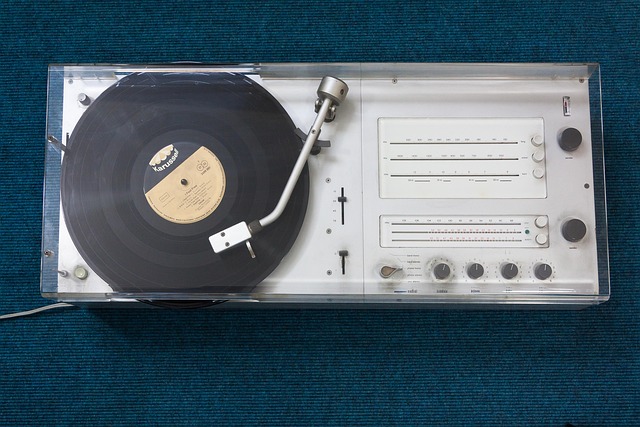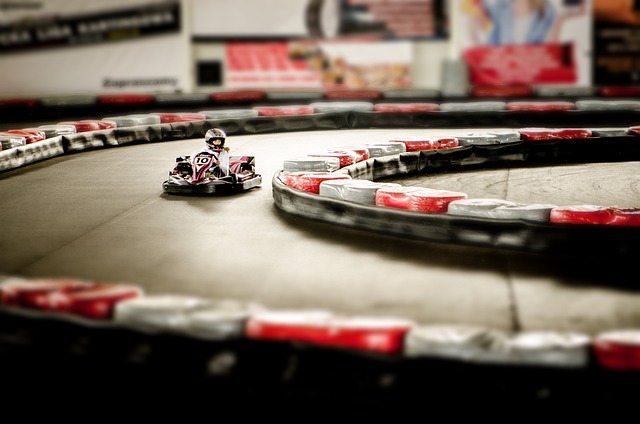When the calendar turns over on December 31st, many of us find ourselves standing at a crossroads between the familiar habits of the past year and the promise of a fresh beginning. For a beginner dieter, the New Year can feel both intimidating and exciting. It’s an opportunity to reset goals, adjust mindset, and slowly weave healthier habits into everyday life. Instead of setting lofty, unattainable targets, it’s more realistic to view the first few weeks as a period of experimentation and learning. By acknowledging that change takes time and patience, a beginner dieter can cultivate a sustainable foundation for long‑term weight loss.
Setting Realistic Resolutions for a Beginner Dieter
Resolutions that are specific, measurable, attainable, relevant, and time‑bound—often called SMART goals—have a higher chance of sticking. For a beginner dieter, start with one or two small, actionable changes. Instead of declaring, “I will never eat fast food again,” try, “I will swap my lunch sandwich for a grilled chicken salad on Mondays and Wednesdays.” This keeps the goal realistic and easy to track. By celebrating these small victories, you build confidence and momentum for the next step.
- Start with small changes: Focus on one meal or one habit at a time.
- Track your food: Use a simple notebook or a phone app to jot down what you eat and how you feel afterward.
- Seek support: Share your goals with a friend, family member, or a community that shares similar interests.
How to Build a Sustainable Eating Plan
A sustainable eating plan is less about restrictive dieting and more about balance. For a beginner dieter, it helps to create a plate model: half the plate filled with vegetables and fruits, one quarter with lean protein, and one quarter with complex carbohydrates. This visual cue keeps portions in check without the need for calorie counting, which can be intimidating for those new to nutrition.
“Eating well isn’t a punishment; it’s a celebration of what your body can do.” – Anonymous
Incorporate variety by rotating protein sources—chicken, fish, beans, tofu—each week. Swap refined grains for whole grains, and replace sugary drinks with infused water or herbal teas. By building a menu that feels enjoyable and diverse, a beginner dieter reduces the temptation to revert to old habits.
Hydration: The Unsung Hero of Weight Loss
Water is often overlooked in weight‑loss conversations, yet adequate hydration supports metabolism, appetite regulation, and energy levels. A beginner dieter should aim for at least eight cups of water per day, more if you’re physically active or live in a hot climate. Starting the day with a glass of water before breakfast can signal to your brain that you’re not hungry, which helps avoid mindless snacking.
To make hydration easier, carry a reusable bottle, set hourly reminders on your phone, or flavor water naturally with slices of lemon, cucumber, or fresh berries. When you feel cravings, try sipping a glass of water first; often, the urge will fade once you’ve satisfied your body’s hydration needs.
Incorporating Physical Activity Without Overwhelming a Beginner Dieter
Exercise is a cornerstone of healthy weight loss, but the key for a beginner dieter is consistency over intensity. Start with activities you enjoy and can easily fit into your schedule—brisk walking, light jogging, or a beginner yoga class. Aim for 150 minutes of moderate activity per week, which can be broken into 30‑minute sessions, five days a week.
- Choose the right environment: Outdoor walks on a scenic trail, or home workouts with minimal equipment.
- Set a realistic schedule: Pick a time of day when you’re least likely to skip—morning, lunch break, or after dinner.
- Progress gradually: Add 5 minutes each week or incorporate a new movement when you feel ready.
- Track your progress: Keep a simple log of distance, duration, and how you felt to celebrate small milestones.
The Power of Sleep and Stress Management
Weight loss isn’t just about calories and workouts; sleep and stress play pivotal roles. Poor sleep can elevate hunger hormones, leading to increased cravings for high‑energy foods. Likewise, chronic stress often triggers emotional eating. For a beginner dieter, establishing a bedtime routine and stress‑reduction practices can dramatically improve adherence to healthy habits.
Try to go to bed and wake up at the same time each day, even on weekends. Before bed, wind down with a calming activity—reading a book, gentle stretching, or breathing exercises. Incorporating a 10‑minute meditation session can reduce cortisol levels, helping to curb stress‑related snacking.
Tracking Progress: The Role of Journaling and Reflection
Journaling is a powerful tool that helps a beginner dieter stay accountable and reflect on successes and challenges. Rather than focusing solely on the scale, record how your clothes fit, your energy levels, and emotional states. This holistic approach prevents discouragement when numbers move slowly.
- Daily check‑ins: Note your meals, snacks, and feelings after eating.
- Weekly reflections: Summarize what worked, what didn’t, and adjust your plan accordingly.
- Celebrate non‑scale victories: Improved mood, better sleep, increased stamina are all worthy milestones.
Embarking on a weight‑loss journey as a beginner dieter is a courageous step toward a healthier you. The New Year offers a symbolic clean slate, but the real transformation comes from consistent, small changes that become part of your daily rhythm. By setting realistic goals, creating a balanced eating plan, staying hydrated, integrating gentle exercise, prioritizing sleep, and keeping a reflective journal, you lay a solid foundation for sustainable weight loss.
Remember that the path to a new you isn’t a straight line; it’s a series of gradual shifts that accumulate over time. Stay patient, celebrate the little wins, and let curiosity guide you to explore new foods, workouts, and wellness practices. As you grow more comfortable with these habits, you’ll notice a shift in confidence, energy, and overall well‑being. Start today, keep moving forward, and let the fresh start of the New Year be the launchpad for a life that feels vibrant and balanced.



